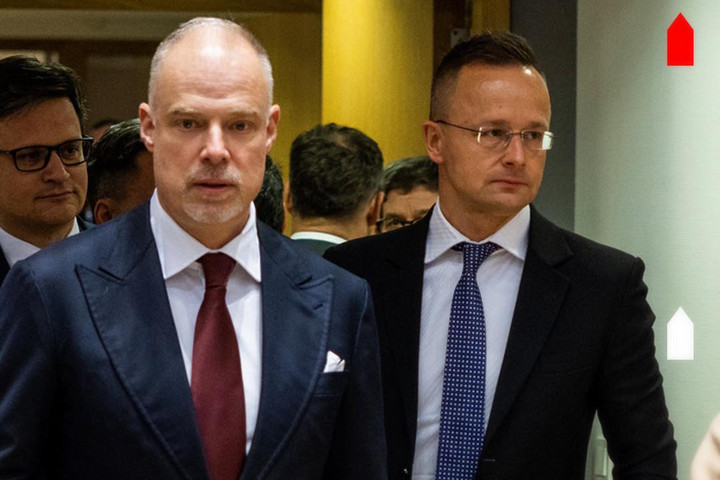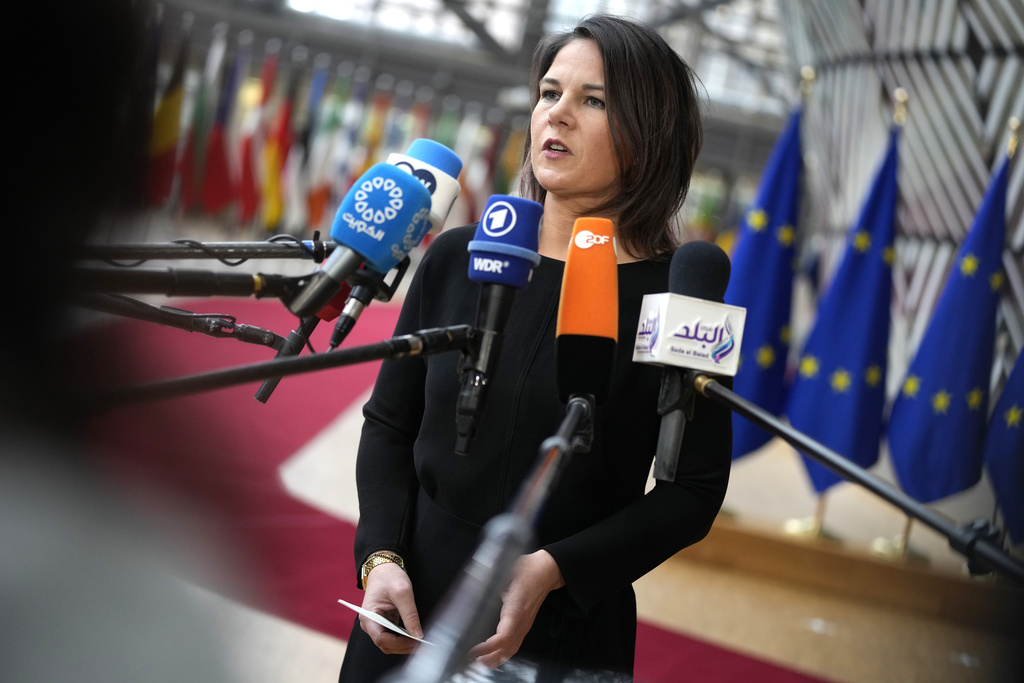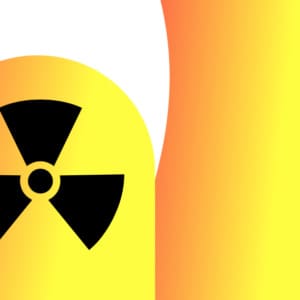A total of 17 EU member states plus Norway have signed a joint agreement on the procurement of ammunition to strengthen Ukraine’s defense capabilities, the Brussels-based European Defense Agency (EDA) announced on Monday.
Austria, Belgium, Croatia, Cyprus, the Czech Republic, Estonia, Finland, France, Germany, Greece, Luxembourg, Malta, the Netherlands, Portugal, Romania, Slovakia and Sweden are the EU countries that have joined the initiative.
Under the agreement, the signing countries will seek to procure 155 mm artillery rounds in the short term on a fast-track basis and several types of ammunition in the longer term.
The EDA said the agreement sends a clear message to the defense industry to increase production capacity and confirms the EU’s commitment to supporting Ukraine.
“The project set up by the EDA provides a solid framework for the acceding member states to provide ammunition to Ukraine as soon as possible. The flexible and inclusive nature of the agreement will allow additional member states to join the initiative at a later stage,” stated a press release from the agency.
The European Union’s High Representative for Foreign Affairs and Security Policy Josep Borrell — who is also the head of the EDA — welcomed the decision taken by the 17 EU member states.
“By procuring together through the EDA project and mobilizing financial support from the European Peace Facility, we will deliver more and faster to Ukraine. Once again, we are breaking a taboo and unlocking the potential of EU cooperation in joint procurement,” Borrell said on Monday following a meeting of EU defense and foreign ministers.
Hungarian Defense Minister Attila Szalay-Bobrovniczky, who was present at the Monday meeting of EU foreign and defense ministers together with Minister of Foreign Affairs and Trade Péter Szijjártó, revealed that Hungary had stayed out of the agreement, opting instead for “constructive abstention.”

He said that one proposal was for member states to transfer all or part of their existing ammunition stockpiles to Ukraine, and this is not something Hungary considers to be productive in its call for peace at the earliest opportunity.
“On this issue, Hungary, as it does not support the war with weapons or soldiers, has used the so-called constructive abstention,” he told reporters. “In other words, (Hungary) will not block other countries’ plans in this direction based on mutual respect for the decisions of individual member states.”
At the same time, as the proposal would not put an end to the bloodshed, but rather would further increase the chances of an escalation, Hungary does not consider itself bound to participate in the initiative, he added.






